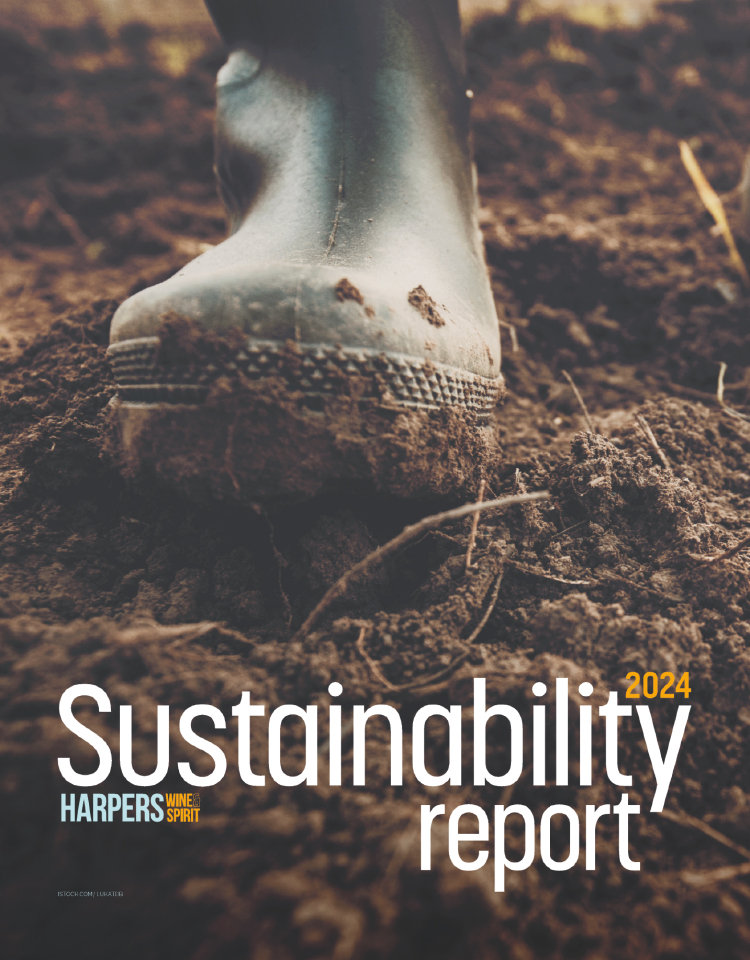
WSTA slams Scottish government glass deposit return scheme
The WSTA has hit out at the deposit return scheme launched by the Scottish government for including glass bottles, citing industry concerns that existing glass recycling procedures are already “efficient and well-understood”.
It also warned the proposed 20p surcharge for using glass bottles could "encourage even greater use of plastic and so increase environmental damage” and the WSTA is “wholly unconvinced that there is evidence to support a deposit return scheme including glass on economic or environmental grounds”.
“The Scottish Government wants to improve recycling, an aim which we support,” said WSTA chief executive Miles Beale, adding the WSTA has “long argued that there is no evidence to support the inclusion of glass in the deposit return scheme. Glass is different. It is infinitely recyclable, largely inert and easily available. And it does not cause microplastic pollution.
“Wine and spirit producers have made significant environmental strides in recent years, reducing glass per bottle by up to 60% over the last decade – and exceeding EU glass recycling targets.”
He also said the Scottish government’s proposals “fail to recognise the effect a deposit return scheme will have on those on lower incomes who, according to the evidence, struggle to engage in recycling.
“Because the deposit scheme will be applied to all customers and be funded by unreturned deposits, we have concerns that the scheme will be disproportionately funded by customers on lower incomes; and raise, rather than lower, CO2 emissions with more car journeys by those customers who can comply. This risks a less efficient and effective approach that fails to improve recycling rates in Scotland.
“Glass bottles are brittle and much heavier than plastic, so we ask the Scottish government, and those across the UK considering similar systems, to think about the practical difficulties of returning glass bottles – especially for groups such as the elderly, disabled and those on low incomes. Instead the Scottish government should look again at how to improve existing kerbside collections which are more socially equitable and require fewer car journeys and so lower emissions.
“We believe glass is the preferred option for packaging liquids. All UK politicians should recognise this and seek to encourage the use of glass rather than include it in any deposit return scheme.”





